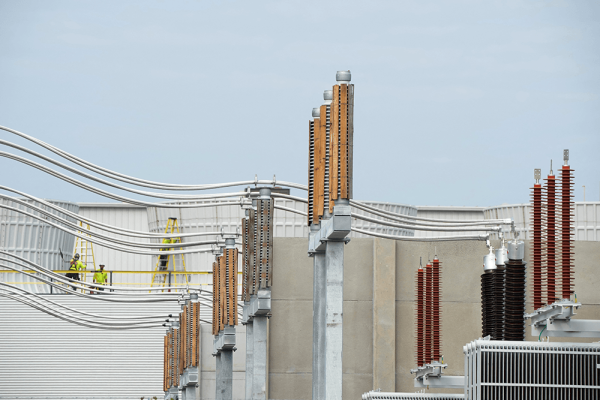Oct 30, 2025
As the ubiquity of artificial intelligence grows, Black spiritual leaders find themselves navigating its perils and promises.
Amid ethical concerns over the sourcing of AI materials, the role of technology in creative endeavors, and the environmental consequences of AI, there’s a significant demand for the technology among church leaders. A 2024 survey by Barna Group found that 78% of pastors are comfortable using AI to assist with marketing and that 58% of pastors are comfortable using AI to assist with communication.
Rev. Heber Brown III, founder of The Black Church Food Security Network, interprets this demand as a symptom of increasing workloads.
Read the Full Article

Already a subscriber? Login
